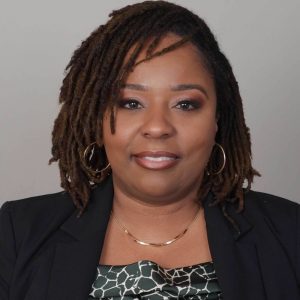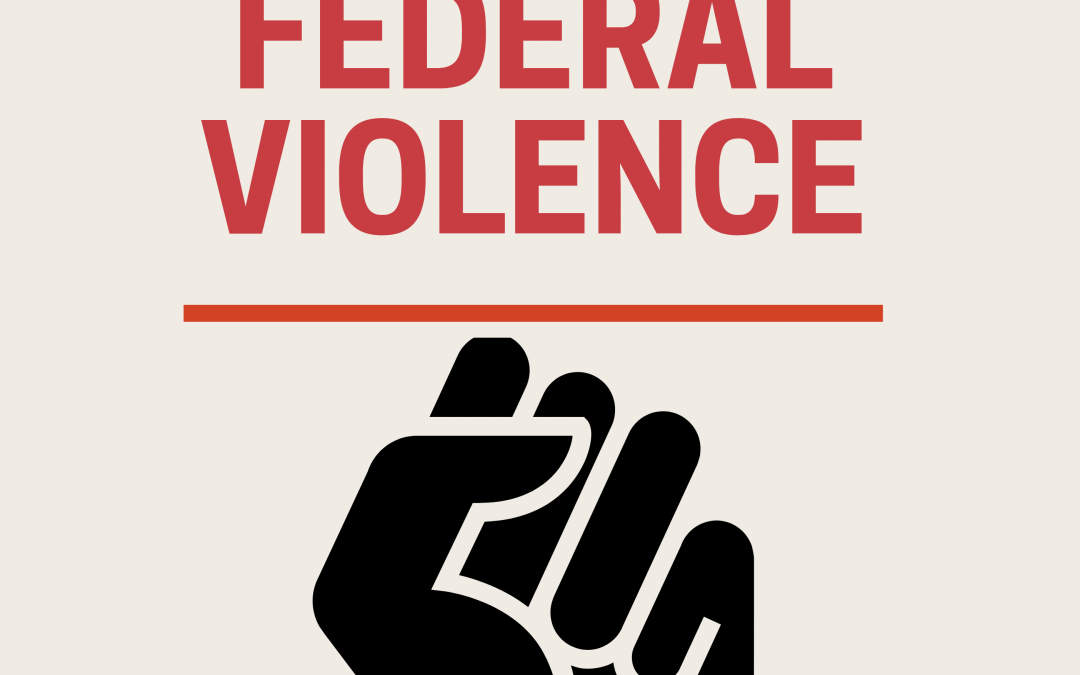Why social workers must think carefully about what they share online—and how a single post can have lasting consequences.
By Kimberly Howard, MSW, CAPSW

Kim Howard
I want to take a moment to remind us all of something that can often slip our minds in this digital age: the importance of being mindful about what we share online. As advocates, helpers, and leaders in our communities, our voices carry weight, but they also come with responsibility.
As professionals who carry both influence and responsibility, we must be mindful of how we show up online. Social media can be a powerful tool for advocacy, education, and connection, but it can also carry risks if we’re not careful.
The NASW Code of Ethics reminds us to:
- Demonstrate integrity in our professional roles (1.04 Integrity).
- Avoid conflicts of interest and maintain professional boundaries (1.06 Conflicts of Interest).
- Uphold the values and integrity of the profession (5.01 Integrity of the Profession).
These standards apply not only in the therapy room, clinic, or community, but also in how we express ourselves publicly on social media.
In addition to the Code of Ethics, please also be informed about your company’s social media use policy.
Here are some steps to protect yourself:
- Check your employer’s social media policy. Each workplace has guidelines. Not knowing them won’t protect you from consequences. Please take time to review your company or agency’s social media policy. Many workplaces have strict guidelines that may affect what you are allowed to post publicly, especially when it comes to client stories, workplace experiences, or advocacy messages tied to your professional role.
- Use a disclaimer when posting from your personal accounts to separate your personal voice from your employer’s stance:
“The views expressed here are my own and do not necessarily reflect those of [Insert the name of your company].” - Remember: free speech is not always “free” when it comes to employment. Words online can carry professional consequences, even when posted on personal accounts.* To help protect yourself, I encourage you to add this line on your social media platforms and posts:
We can and should continue to use our voices to uplift, advocate, and fight for justice. But let’s do so wisely, in alignment with our Code of Ethics, and with our professional reputations intact.
Kimberly Howard, MSW, CAPSW is president of the NASW-WI chapter. She can be reached at khoward9713@gmail.com
____
*This is enshrined in the National Labor Protections Act.




